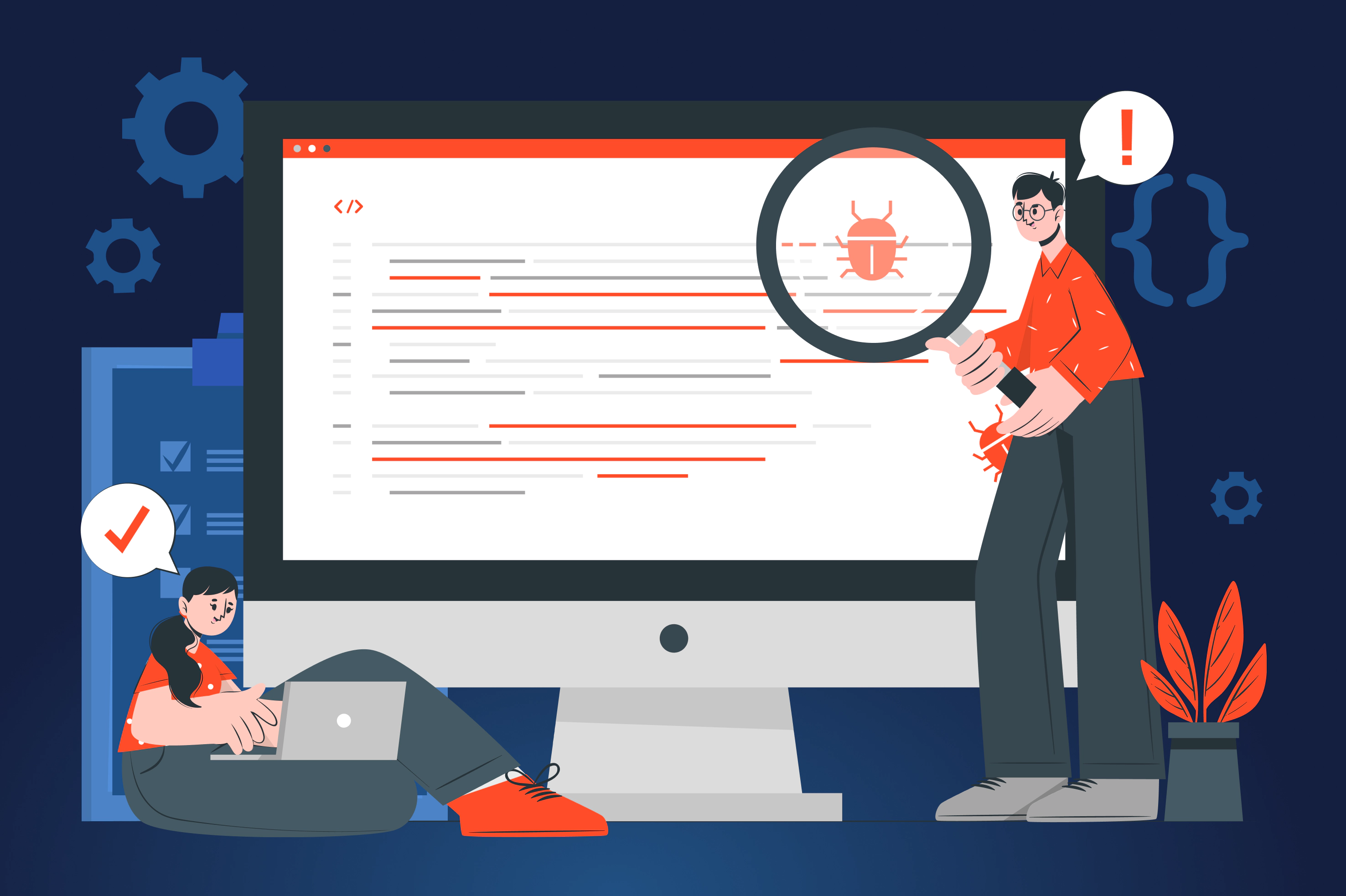Developers and startups will never stop arguing about the best mobile platform. People keep comparing and contrasting the costs of developing Android apps in comparison with iOS applications. Some are misled by a common delusion that Android application will cost the more. Luckily, we have enough data to prove that the statement is false.
The main benefit of Android mobile development is the availability of a selection of frameworks. They put an ease on the development process as well as make it less time-consuming. For this reason, we decided to break some popular stereotypes and come up with the list of some award-winning Android frameworks used by the majority of well-established development teams. Moreover, we will make it easy for you to choose the most appropriate one from the following categories:
- Standard frameworks by Google;
- Open Source;
- Paid Frameworks;
- Personalized solutions delivered by developers’ team.
Open source

Whenever you want to order a premium quality service, you are ready to overpay. The same delusion comes with the development process. We are used to the fact that high quality costs more. Open source frameworks are to change the matter of things. As a rule, they are free. We will divide them into several key categories for you and choose the best frameworks to enable an efficient Android development process:
- Architecture – choosing the right open source architectural framework can be a challenge. Used by the majority of development teams, ReactiveX has proved to be a good choice. It features an award-winning combination of iterator and Observe patterns and functional programming. The framework fits various mobile platforms at the same time;
- Mobile database– when it comes to this type of framework, Realm has proved to be a good solution. On the one hand, it appears to be a lighter alternative to SQLite. On the other hand, it works faster and simpler. You will have a chance to reduce the time necessary to complete the project and save from several days to weeks.
- Backend – every time you need to handle backend interaction, retrofit is the framework you will certainly appreciate. Some of you have experienced Volley Library by Google. Well, retrofit is faster and more efficient when connecting backend server with the application.
- Timesaving data binding – every time you try to save time when data binding, you can benefit from Butter Knife or Android Data Binding frameworks. Both are actually similar with a set of equal features letting you implement an easy method and field binding for Android views.
- Frameworks for crash reports – we should never underestimate the importance of crash reporting frameworks. Crashlytic is a perfect real-time solution that delivers precise and accurate reports on all crashes in real time. The framework automatically monitors all issues and recommends fixing the weakest ones.
- Payment options – here you will hardly face any difficulties. Stripe and Braintree are still the best frameworks to implement payment function within your application. PayPal’s Braintree can be integrated with all major payment options popular with online users. They include not only PayPal but also Bitcoin, Venmo and more. Stripe framework can also be used for any type of online transactions. However, it is believed to come with an easier integration and a better list of functions if compared with its main rival in the niche. It does not matter what framework you will choose. Both are perfect to bring your payment ideas to life during the development process.
- Load images – looking for an image loader will hardly take you a lot of time. We have some great examples of frameworks such as Picasso and Fresco. The first one is a perfect way to display and cache images and photos in spite of the application type. You are free to use it for your dating app, social platform, photo editor or online shop. The second one was produced under the Facebook brand and comes in form of a powerful library able to proceed with a faster image loading process if compared with Picasso.
- Social Media frameworks – every time you have an idea of developing a social network for Android app, Facebook and Twitter SDKs are certainly the best bet. You will hardly find better frameworks that come with sharing, analytics, login, app links, ads, invites and many other amazing features you can benefit from. You can use the frameworks to enable an efficient in-app content and more beneficiary options.
Standard frameworks by Google

We all know that Google powers Android platform. For this reason, application developers can benefit from the list of standard frameworks delivered by Google. At least, you will certainly find them useful when handling different tasks. Let’s revise some of the most helpful frameworks:
- Google Play service – this is a broad framework will be the first in our list. It delivers plenty of award-winning features ranging from location, Maps, invites, login, ads ad much more. You do not need to handle updates. The framework will complete the task automatically through the Google Play Store;
- Google Analytics – this particular framework comes with a set of essential information and analytic data. It will tell you about users’ behavior as well as reveal some weak sides you may need to improve;
- Support Library – whenever you need to assure compatibility, this framework is the best bet. It will come in handy in case you implement a modern and up-to-date UI design that does not fit older Android versions.
Paid frameworks
Unfortunately, you may call for a wider list of frameworks. Not all of them come as open source. In some cases, you will have to pay. As a rule, the majority of paid frameworks deal with app analytics. Although Google Analytics is free, it is hardly the best option when it comes to efficient application analytics. For this reason, you may select from the following frameworks to handle the task:
- Benefit from free basic functions delivered by Mixpanel. If you call for more, you can buy a premium version of the framework to have an opportunity to track events and move in a funnel;
- Yahoo’s Flurry analytics framework will let you monitor and track all in-app actions performed by your users;
- Final Word.
Summing up, we can say there are plenty of various frameworks to proceed with the efficient Android app development. Some of them will make the process faster and less time-consuming. The above-mentioned are some of the most popular Android frameworks. You are free to do the research and opt some other alternatives that will meet your requirements and expectations.


